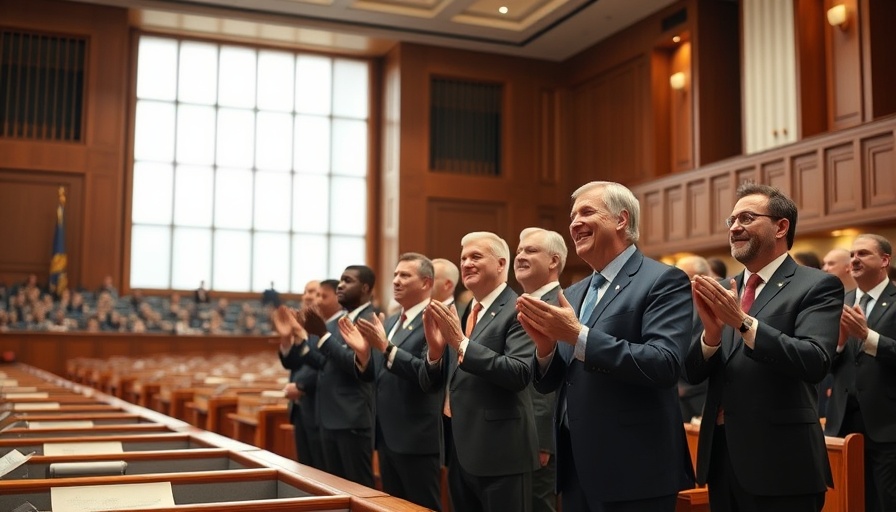
Trump’s Controversial Knesset Remarks About Iran
President Donald Trump’s recent remarks in the Knesset stirred considerable concern in Israel, particularly regarding Iran’s nuclear ambitions. Speaking on October 13, 2025, Trump expressed skepticism over the likelihood of Iran resuming its nuclear program. This statement came during a time when many Israelis are uneasy about the threats posed by Iran, especially following the monumental successes of Operation Midnight Hammer aimed at curtailing Iranian influences in the region.
During his address, Trump signaled a willingness to negotiate with Iran, which sharply contrasts the Israeli stance that views Iran’s nuclear pursuit as an existential threat. This discrepancy raises questions about the future of U.S.-Israel relations, as the two nations may diverge in their approaches to handling one of the region's most sensitive international issues.
Understanding Israel's Perspective on Iran
For Israelis, the prospect of Iran developing nuclear weapons is more than just a political issue; it is a matter of national security. Historical context plays a crucial role here—past interactions demonstrate Iran's aggressive stance toward Israel, making it a palpable threat in the eyes of many Israelis. This fear is compounded by the military and political developments shaping the region, particularly in light of Iran’s support for proxies like Hezbollah and its active involvement in Syria.
The International Community's Reaction
Internationally, reactions to Trump’s statements are varied. While some see a potential opening for dialogue as a positive development, others fear it could undermine the progress made in countering Iran’s nuclear ambitions. The contrast between Trump's outreach and Israel's hardline stance illustrates the complexities of Middle Eastern geopolitics, where alliances and animosities are constantly shifting.
Emotional and Cultural Insights
For many Christian supporters of Israel, Trump’s comments resonate on emotional and theological levels. The relationship between the United States and Israel carries deep historical and biblical significance for many believers. As the President contemplates negotiations, it raises vital concerns related to faith-based beliefs regarding the state of Israel’s divine purpose in the world. This sentiment underscores the importance of a unified stance against perceived threats from nations like Iran.
The Importance of Dialogue and Advocacy
This situation emphasizes the need for consistent advocacy and interfaith dialogue. Engaging in conversations about these topics can bridge divides and foster understanding. Christian leaders and advocates must address these pressing concerns through compassionate dialogues and informed discussions, encouraging unity among different faiths in advocating for peace and stability in the region.
Conclusion: Taking Action
The implications of Trump’s remarks extend beyond political jargon. They compel us to reflect on how global politics can disrupt the peace many pursue in places torn apart by conflict. As Christians, being informed, engaged, and vocal about international issues, particularly those that affect the persecuted church, is crucial. We are called to stand in solidarity with our brothers and sisters who are facing uncertainty, discrimination, and dire circumstances. Advocate for understanding and peace by participating in discussions, supporting organizations that work for justice, and praying for divine intervention in areas of unrest.
 Add Row
Add Row  Add
Add 








Write A Comment